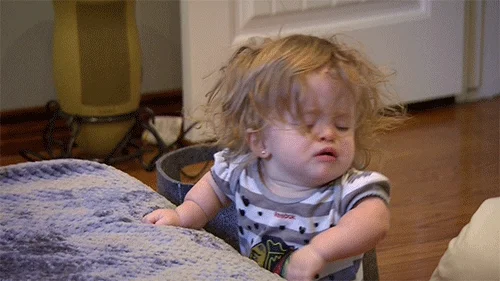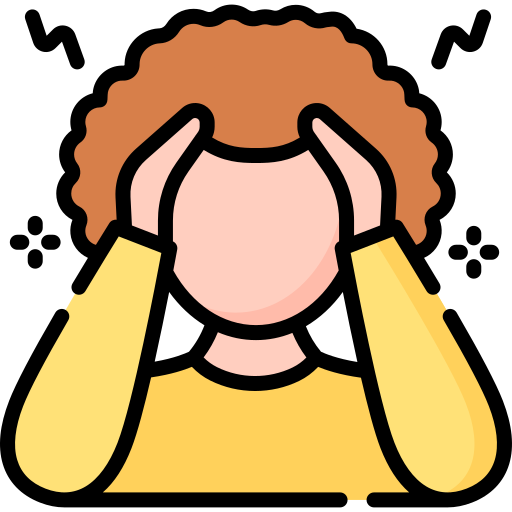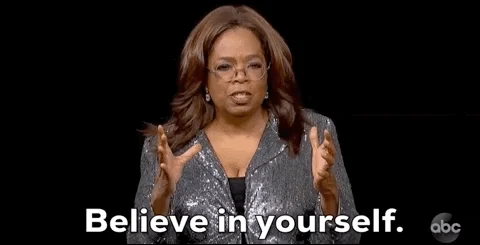You had a wonderful summer vacation and are excited to see friends again as you enter your last year in high school.
On the first week back to school, all of your friends discuss what they did on their summer vacation. Awesome! On the second week of school, one of your friends asked, "What colleges are you guys applying to?"
You feel your stomach drop.
A wave of anxiety washes over you at the mere thought of applying for college.

"College?" you thought to yourself as you groan.
Your parents have been asking you what you plan to major in and what type of career you want.
You feel you're not ready for college life and due to the success stories you read about those who didn't finish college, you think your time could be spent elsewhere.
You question if a formal education is best for your future career plans. You wonder to yourself, "What are the pros and cons of formal education? Is there something else I can do instead?"
What is Formal Education?
Formal education is any type of education in which:
you learn in a classroom setting
a grading system and timed assessments are given
a syllabus is included
specialized teachers conduct the lessons
You have been in formal education for most of your life since childhood:
primary education (grades 1-5) — where you learn the basics of reading, writing, and arithmetic
secondary education (grades 6-12) — includes middle and high school-level teachings on a wide array of subjects such as mathematics, language arts, history, and science
The next step after high school is:
post-secondary education (at universities and colleges) — focused on career preparation and leads to undergraduate degrees (bachelor or associate), and postgraduate degrees (master or doctorate)
With all those years we spend in school, it only makes sense that after high school, you want the time to be spent on things that are meaningful to you and will bring you closer to the career that best fits you.

Pros to Formal Education
There are many advantages of formal education such as:
Structured learning: Curriculum in a structured environment promotes discipline and focus. It can encourage better time management among students.
Exams and homework: Assessments given out allow you to know your strengths and areas for improvement.
Access to qualified professionals: Teachers help to build foundations in your learning. You can learn better from teachers who have a deep knowledge of their subject materials.
Receiving a diploma: A diploma is a certificate that many employers recognize and trust. It can open doors to career opportunities and to higher paying jobs.
Access to various student resources: Academic advisors provide guidance and prepare you for the career you want. There are tutoring centers onsite that can help you with challenging class subjects. You can also find sports facilities, recreation centers, and clubs for when you need a break from coursework.
Networking and social wellness: Formal education promotes friendship building and networking, which can help you find future career opportunities. You'll get exposed to a diverse mix of students from various cultures and backgrounds, which can offer you new perspectives in life.

Cons to Formal Education
There are disadvantages to formal education, such as:
Cost: Formal education can be expensive. Paying tuition, textbooks, housing, student loans, and school supplies can be overwhelming.
There is no one size fits all: Not all students learn at the same level and pace. Accessibility in formal education can sometimes fail to accommodate the individual learning needs of every student.
Stress and pressure: There is often a lot of pressure on students to excel in academics, leading to anxiety, sleep issues, and other physical or mental health conditions.
Limited flexibility: The rigid schedule and structure of formal education can limit independence. You could gain a fear of failing to meet expectations, leading to decreased self-confidence and self-esteem.
Lack of real-world experience: There's often a gap between what you learn in school and what you need to know in the real world. You may study something only to find out that when you get the job you want, it's nothing like you thought of!
Outdated curriculum: In some cases, the curriculum may not keep pace with rapid changes and technological advances in society.

If Not College, Then What?
Instead of attending a formal education right after high school, you can do non-formal education.
Non-formal education is similar to formal education but it has a more flexible approach that is tailored to the individual's wants and interests. There is no strict roadmap to follow in non-formal education.
Some examples of non-formal education you can do are:

Vocational education or trade school: You can join training programs that will prepare you for jobs in carpentry, plumbing, cosmetology, culinary arts, or medical assisting, to name a few.
Apprenticeships: You can gain practical work experience while also earning a wage. Learning under the guidance of experienced mentors in the field can provide hands-on experience and invaluable insights.
Bootcamps: These are short, specialized intensive training programs focusing on a variety of hot career fields, often in the tech industry.
Self-directed online learning: Take charge of your learning process by joining courses on Coursera, Udemy, Khan Academy, or edX. These websites offer a variety of courses that can help you in skill development.
Classes at a community college: Maybe you can't decide between two majors. Instead of choosing the wrong one at a university, you can take standalone classes to see what subject fits you best.
Quiz
You are interested in nursing but you don't want to dive into a 4-year college just yet. What can you do to see if nursing is a good fit? Select all that apply:
Take Action
Whether you decide to attend formal education or not, it is always good to keep a growth mindset. Making the decision for your education is deeply personal and should align with your interests, goals, and circumstances.

Remember that starting your undergraduate years later in life is perfectly fine. In fact, deferring college for a gap year is an option to many incoming college students.
For more concrete steps you can take:
Your feedback matters to us.
This Byte helped me better understand the topic.
